COVID-19: The Stories of Resilience
When the pandemic hit at the beginning of 2020, none of us saw it coming. It hit us hard, some places got it worse than others. And today, the world is still battling with it.
It is no doubt that the pandemic has added extra challenges to the work of our projects on the ground. Vulnerable communities around the world with limited access to hygiene facilities and safe water sources face a higher risk of infection; low-skilled workers lost their jobs, putting their family’s livelihood and their children’s education at risk. Activities were halted, rendering many projects incomplete.
This is perhaps, one of the biggest tests for the global health and development in recent years.
And it is in such times of trial that we see how resilient people can be – as long as there's a mission to guide them.
Emerged from the pandemic, our Worthy Causes not only searched for ways to assist communities affected by COVID-19 but also adapted to the new normal so that they can continue solving the issues they set out to do.
Here are the stories of resilience from some of our Worthy Causes on the ground, as they battle with COVID-19 and stay true to their mission.
Bringing life-saving water to battle Covid-19
Story by: Gram Vikas
What has water got to do with the pandemic, you may ask. Without water, staying safe from COVID-19 is almost impossible. Regular hand-washing is one of the most critical protective measures against the infection. That means the lack of access to water will increase the risk of infection to vulnerable communities.
The work of organizations like Gram Vikas is more important than ever.
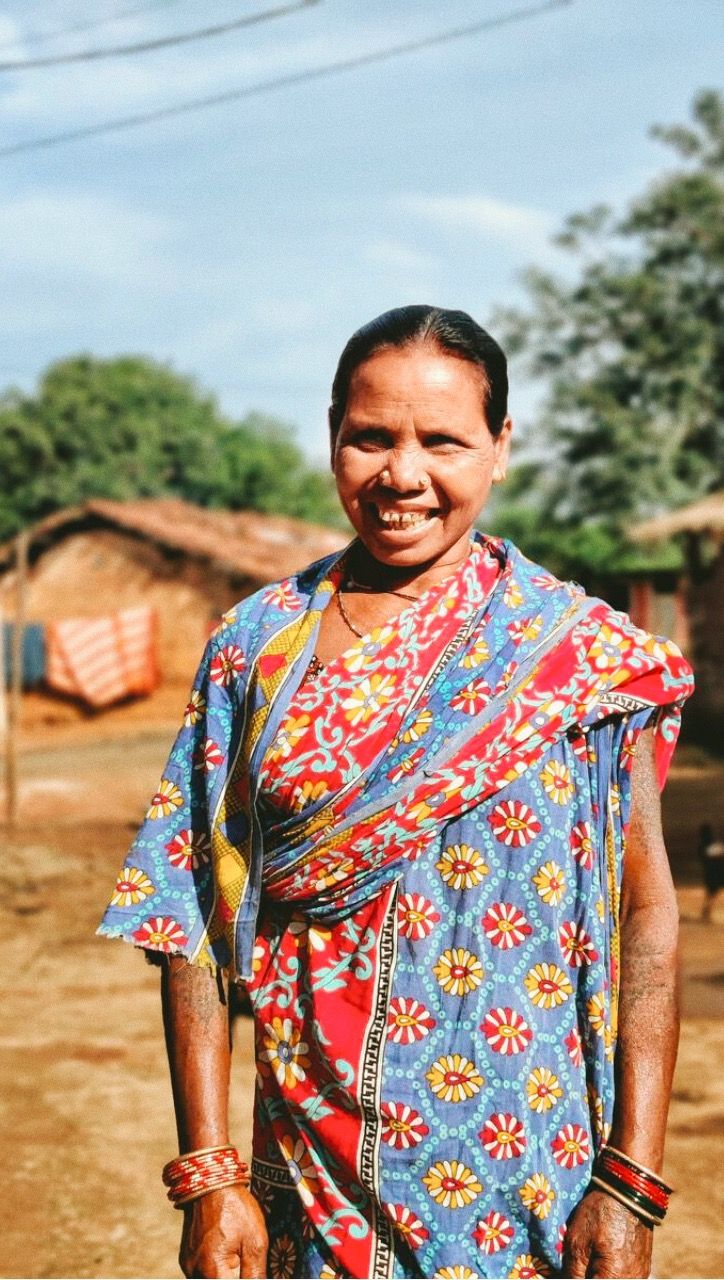
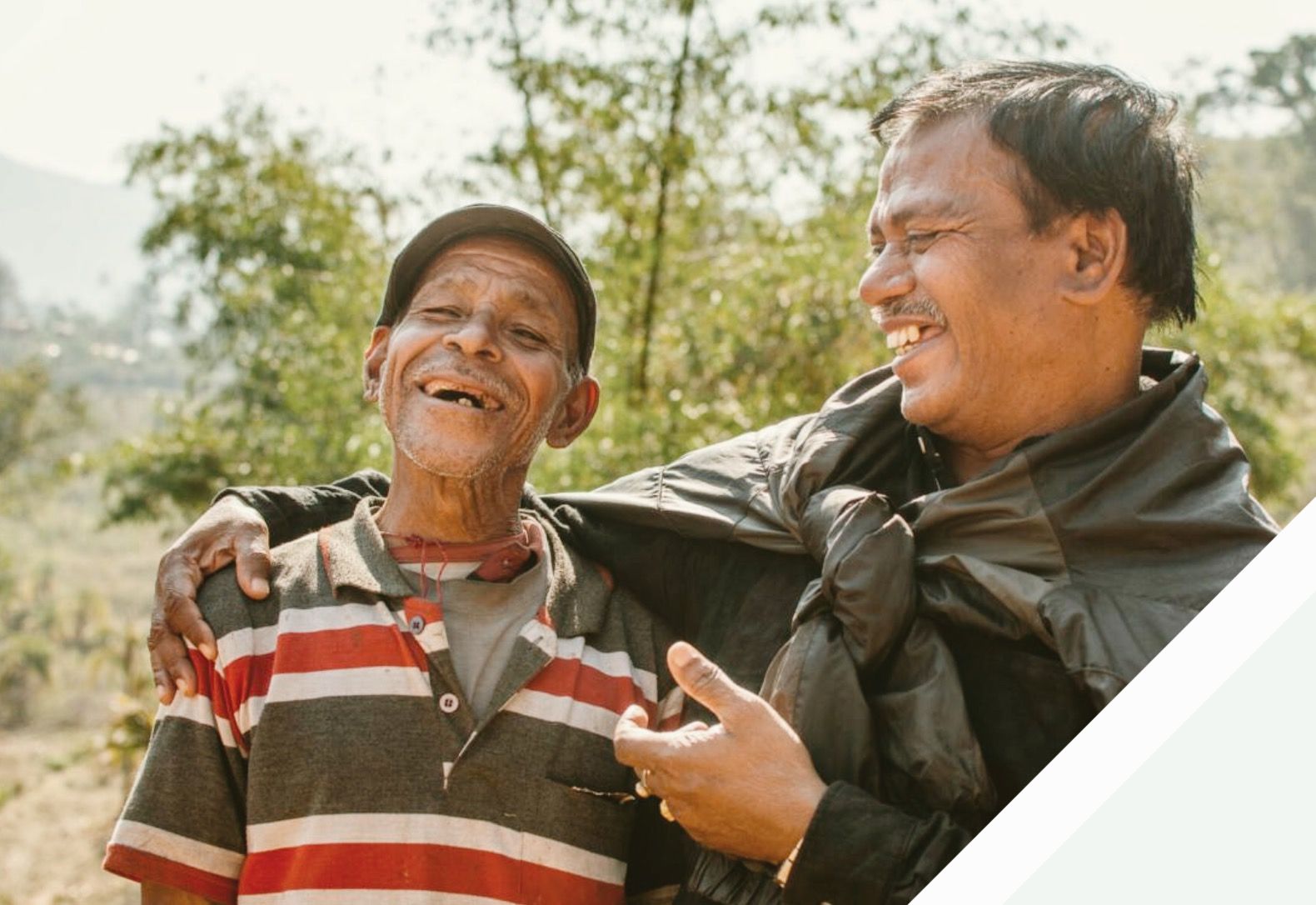
Since March, the team at Gram Vikas has been responding to COVID-19 with active outreach to families at risk, stranded migrant workers, ensuring the community is well-equipped to handle the crisis.
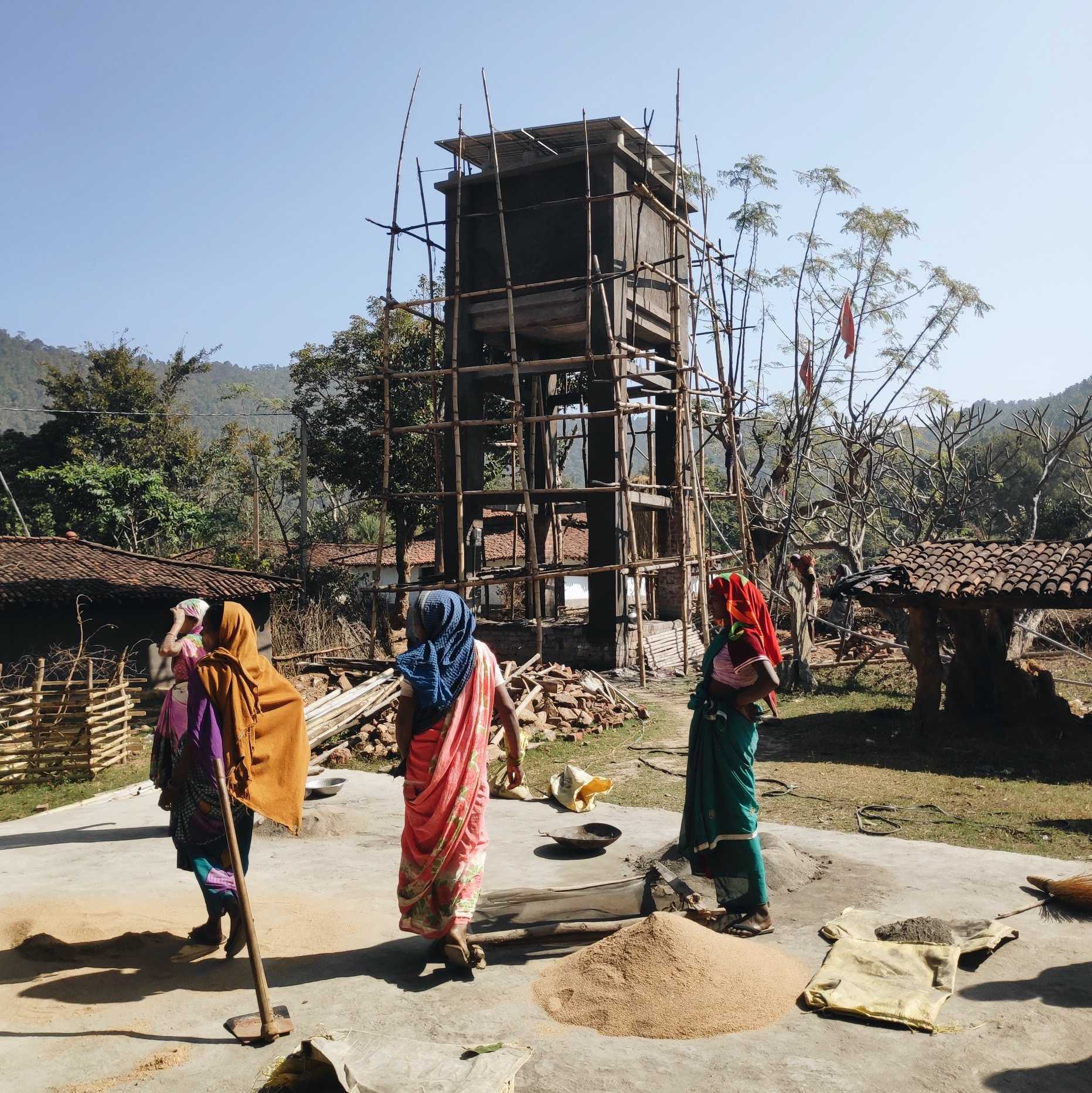
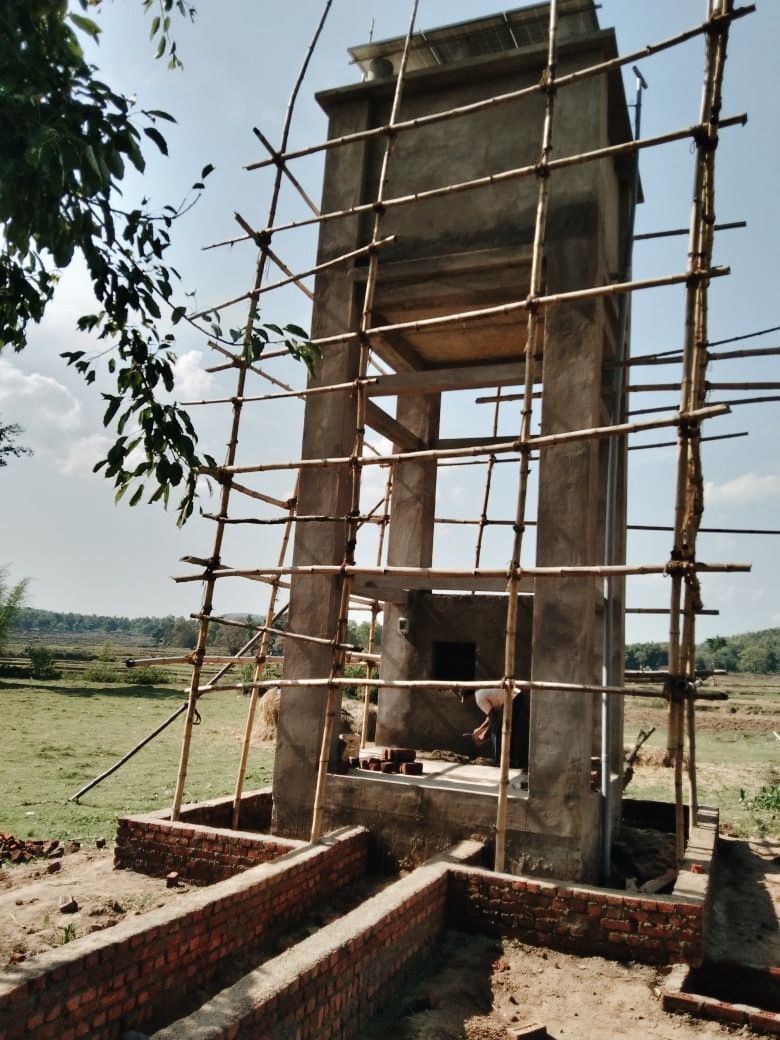
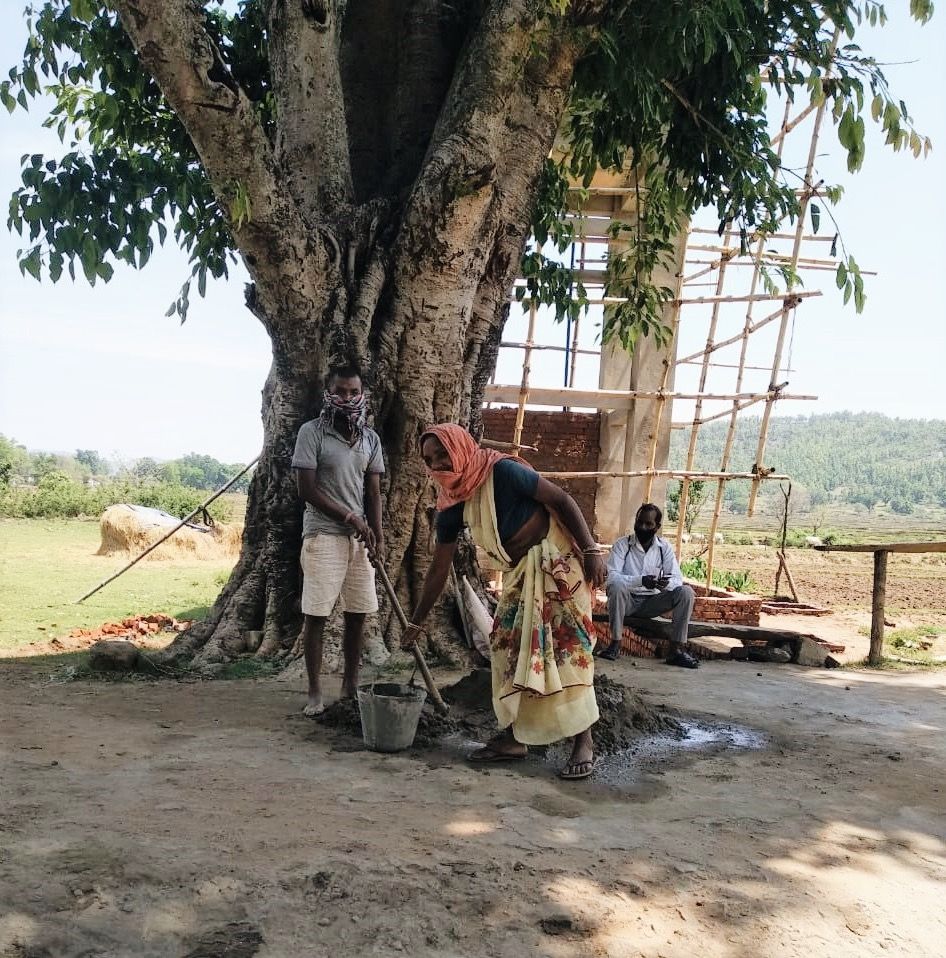
In Mehari, a small village in Gumla district, a solar-based piped water and supply system was also completed, bringing safe-water to 44 households.
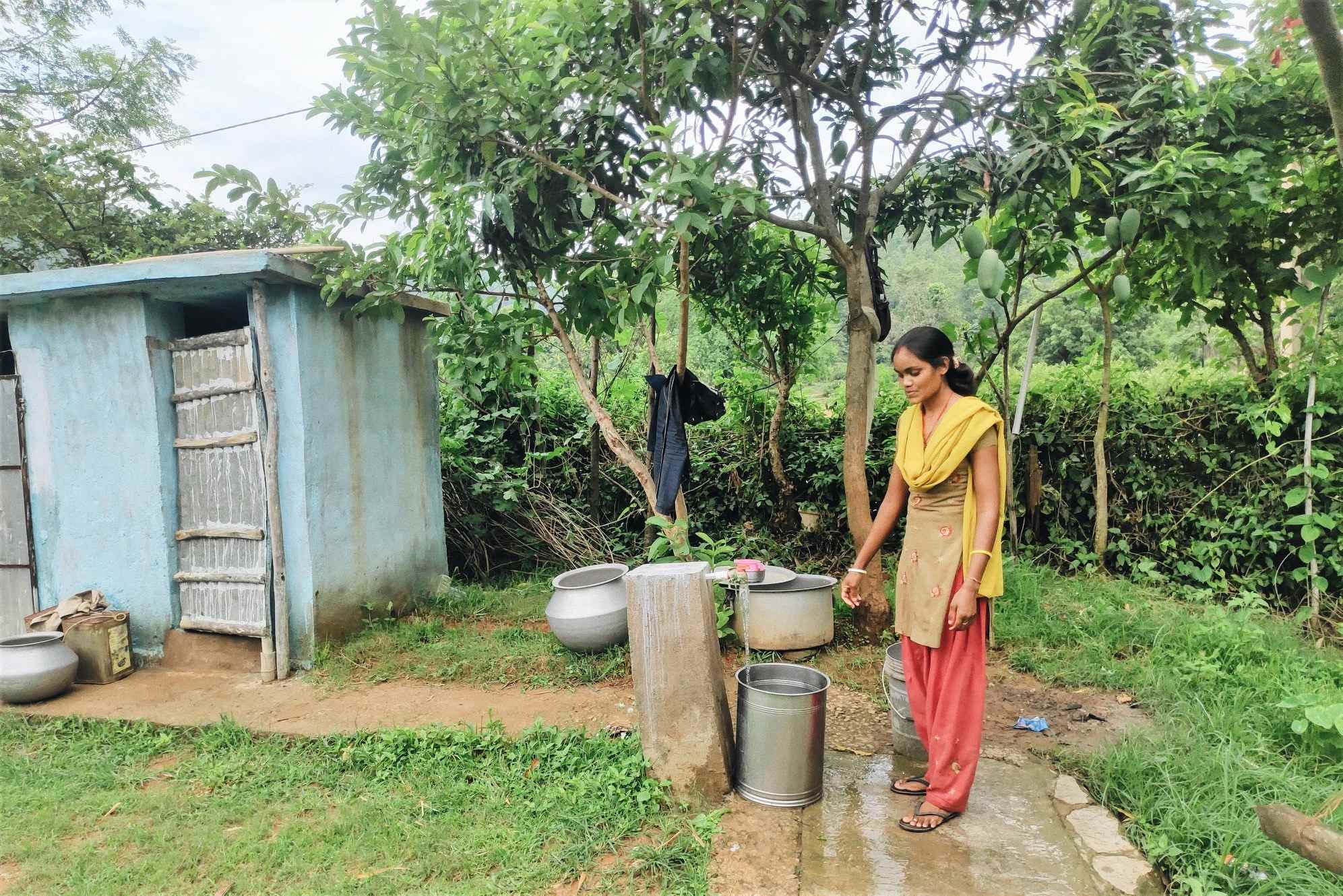
Meanwhile, in villages in Odisha, by providing water pumping systems, 60,000+ households in over 1100+ villages are now better prepared to battle the pandemic.
24,554 grocery and hygiene kits and counting
Story by: Save The Children India
Save The Children India (STCI) is a non-profit organization that envisions India as a Child-Friendly Nation. By preventing the exploitation and all forms of discrimination against women and children, STCI hopes to empower them to live a life of dignity, self-respect, and independence.
When the pandemic hit in the 2nd week of March, all activities came to a halt. All schools and centers were shut down. Daily wage workers lost their jobs. This resulted in already vulnerable sections of society being pushed deeper into crisis and economic uncertainty, with most not even having access to basic grocery and hygiene essentials to get by.
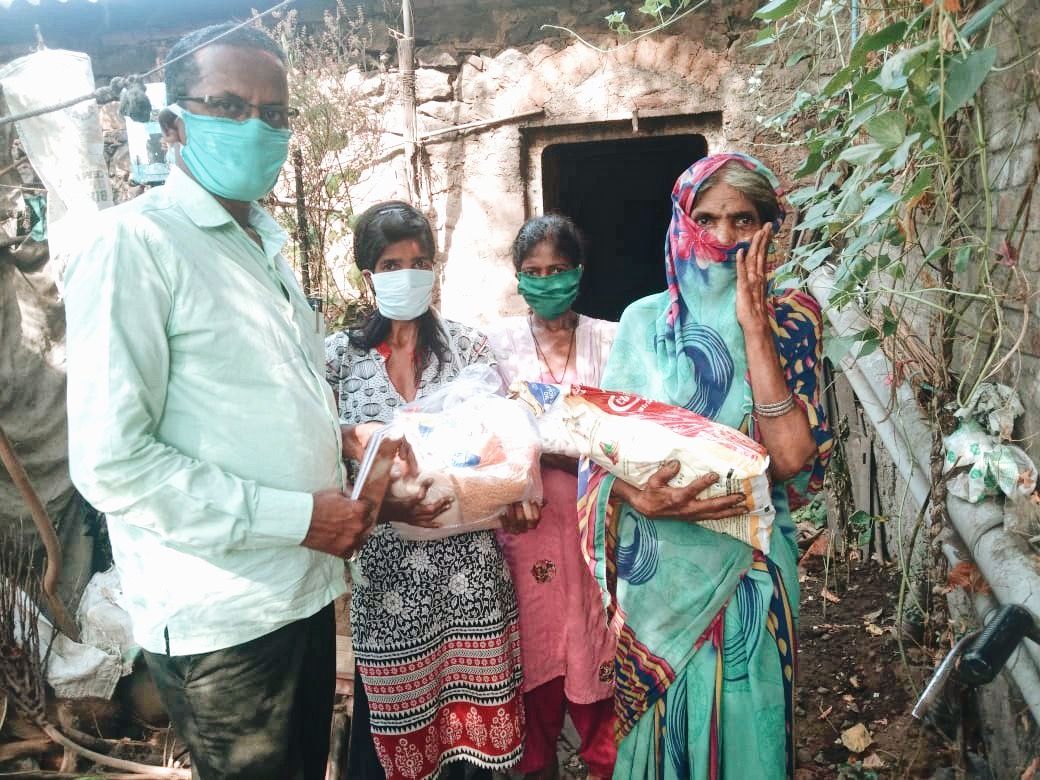
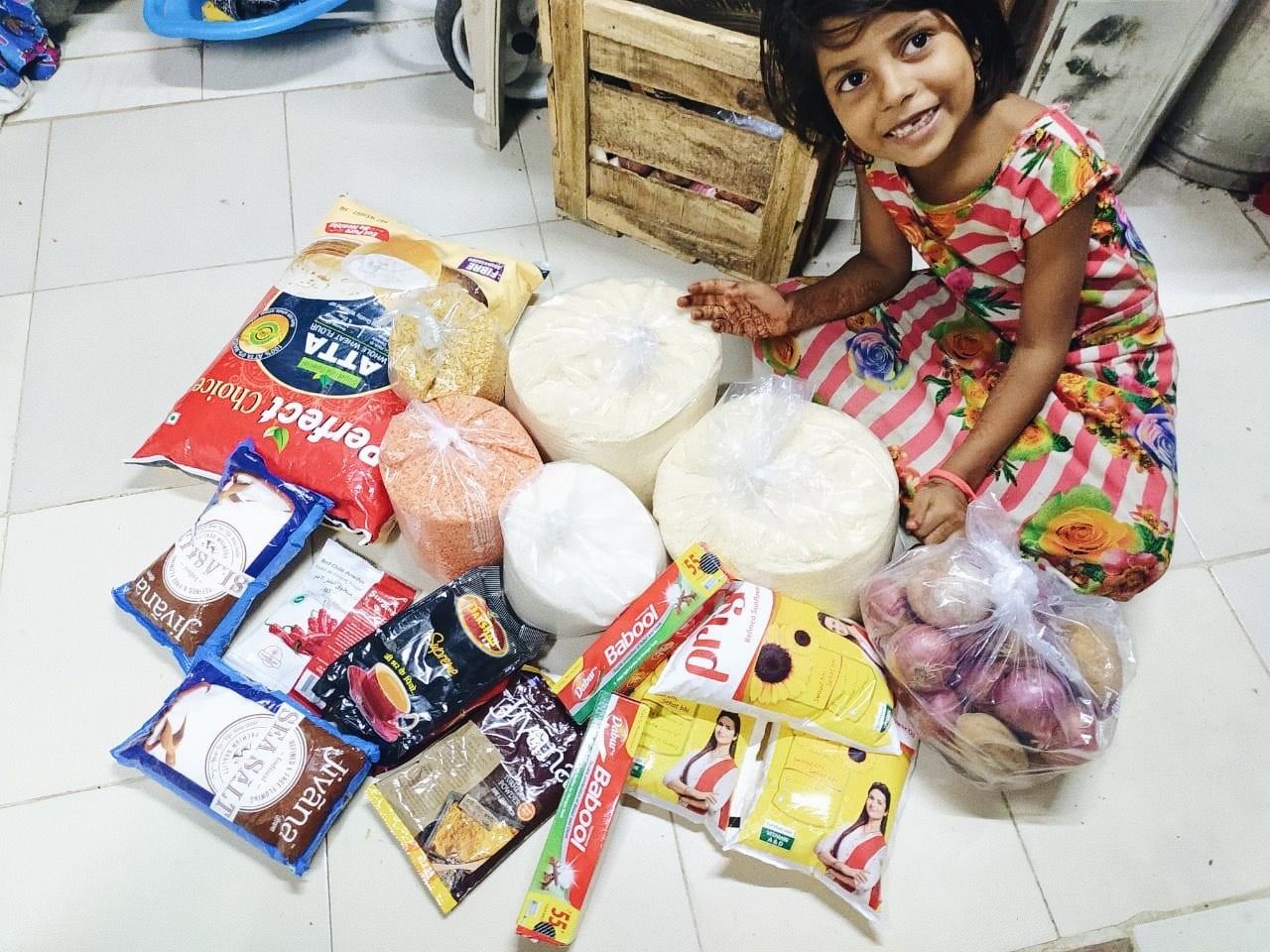
Realizing the gravity of the situation, STCI sprang into action. Through a vast network of volunteers and support staff, they have distributed 24,554 grocery and hygiene kits and 3,500 masks to their beneficiaries and other vulnerable families in the communities.
The Anti-Human Trafficking program too continued to support vulnerable women and survivors of trafficking. The team ensured that the 72 survivors of trafficking received Direct Cash Transfers (twice) as well as Ration kits to help sustain them during this pandemic. 55 survivors who could not be reached with grocery kits were provided with direct cash transfers.
The team also worked hard on ensuring continued counseling services were provided to over 300 survivors, residing in shelter homes, through virtual platforms.
Breaking the record
Story By: Auckland City Mission
While Auckland has been plunged into a second lockdown in August, the Auckland City Mission has broken a record, although it's not a record they wish to break at all.
The extended period in alert level 3 for Auckland has put immense pressure on some of the most vulnerable people who were already struggling. At the height of the last lockdown, the team at Auckland City Mission provided more food parcels than any other time in their history, outside of a Christmas period. In one week, they distributed 1,246 parcels - triple the number at the same time last year.
The week of 17 August, they broke that record.
More than 1,500 boxes of food - containing essentials such as meat, dairy, eggs, fresh fruit and vegetables, and pantry staples – were provided to families unable to cope with the financial strain of another lockdown.
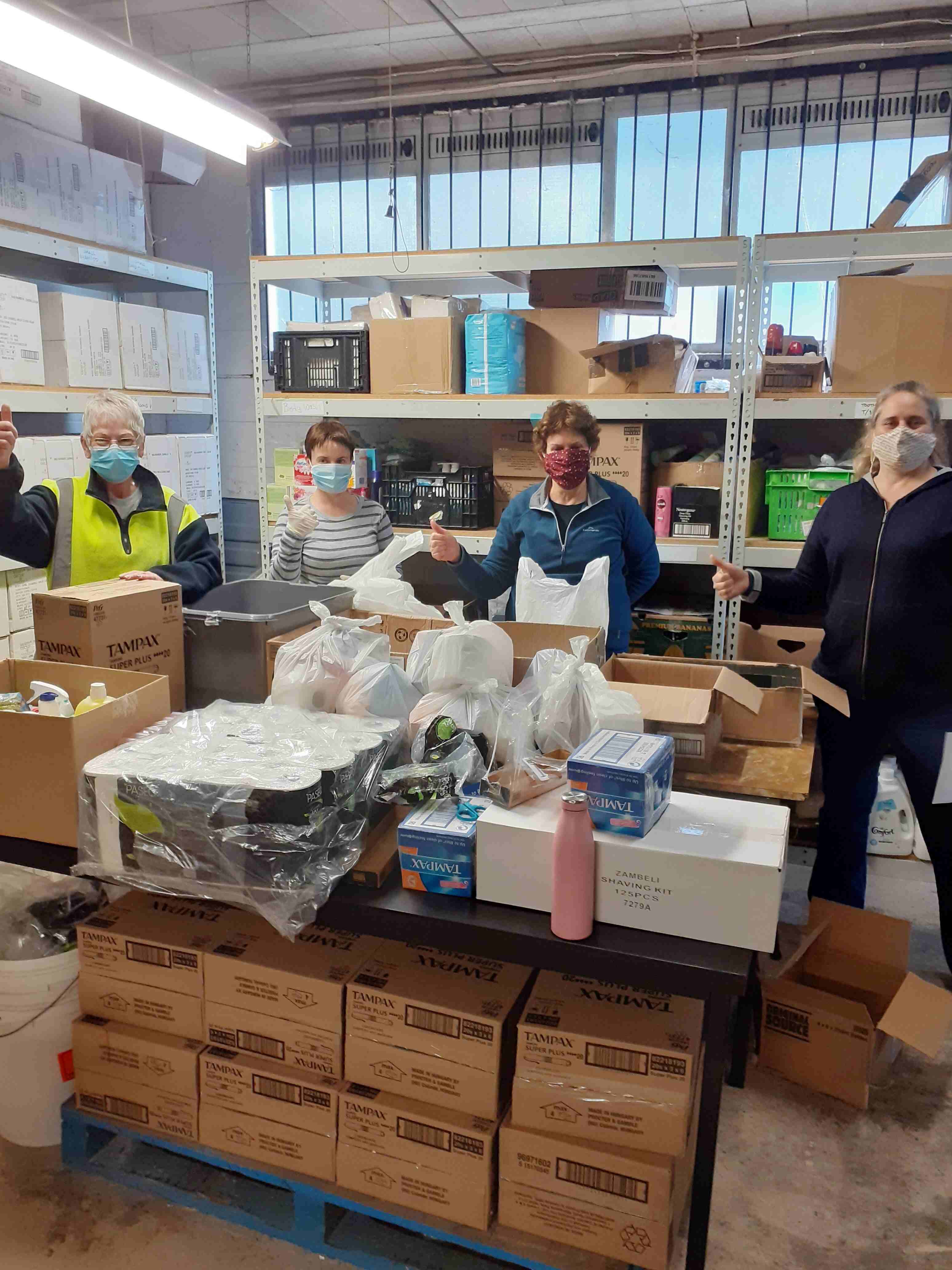
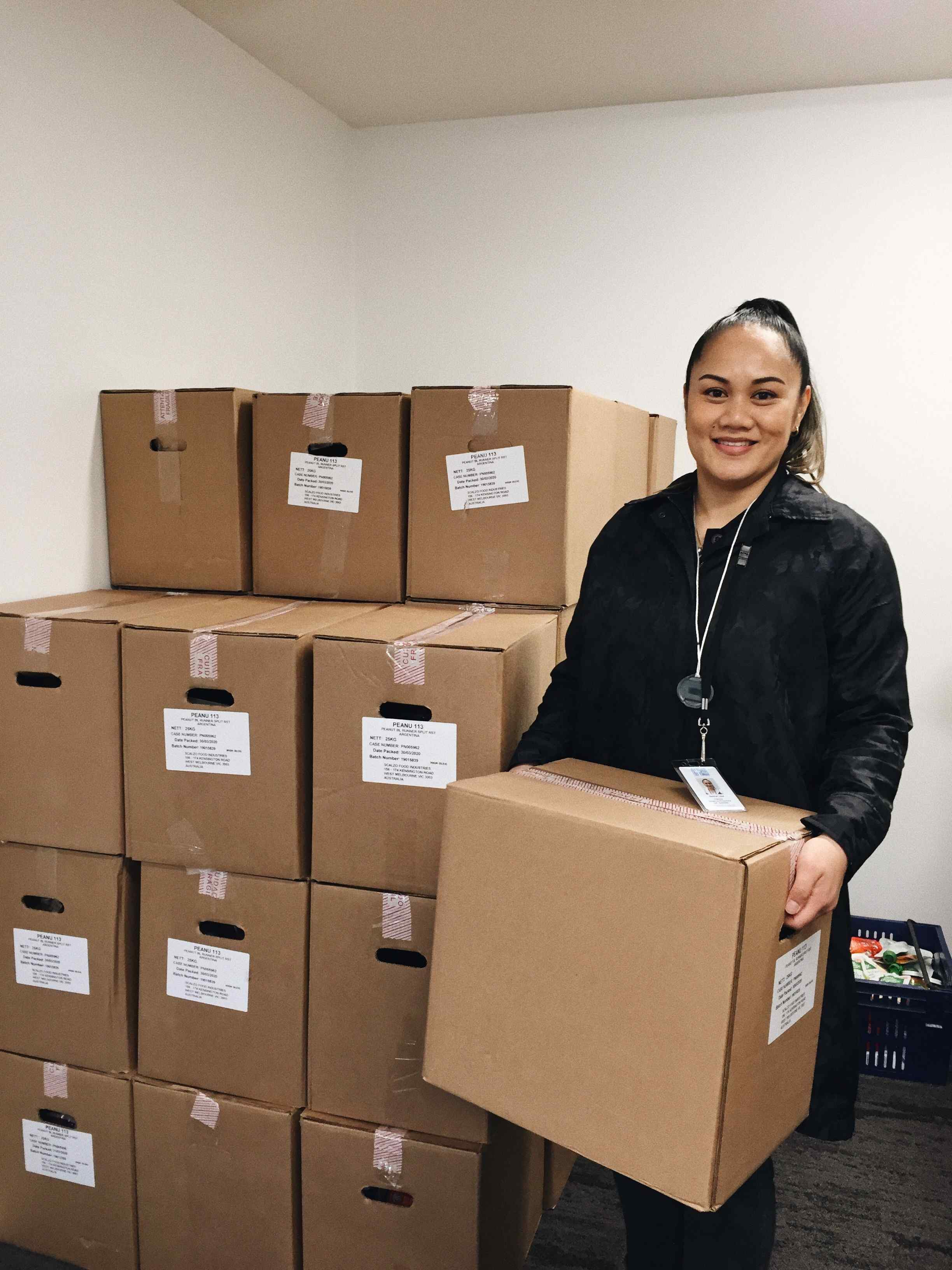
Savings groups that help families survive
Story By: Shade Tree Foundation
When COVID-19 hit Thailand, the government closed down borders and businesses. Most migrant families were caught completely unprepared. They have no savings, no food in reserve, and no work.
But, there was a small subset of migrant families here in Mae Sot who weathered the crisis remarkably well. Some of them were even able to help and support others in their community who were struggling.
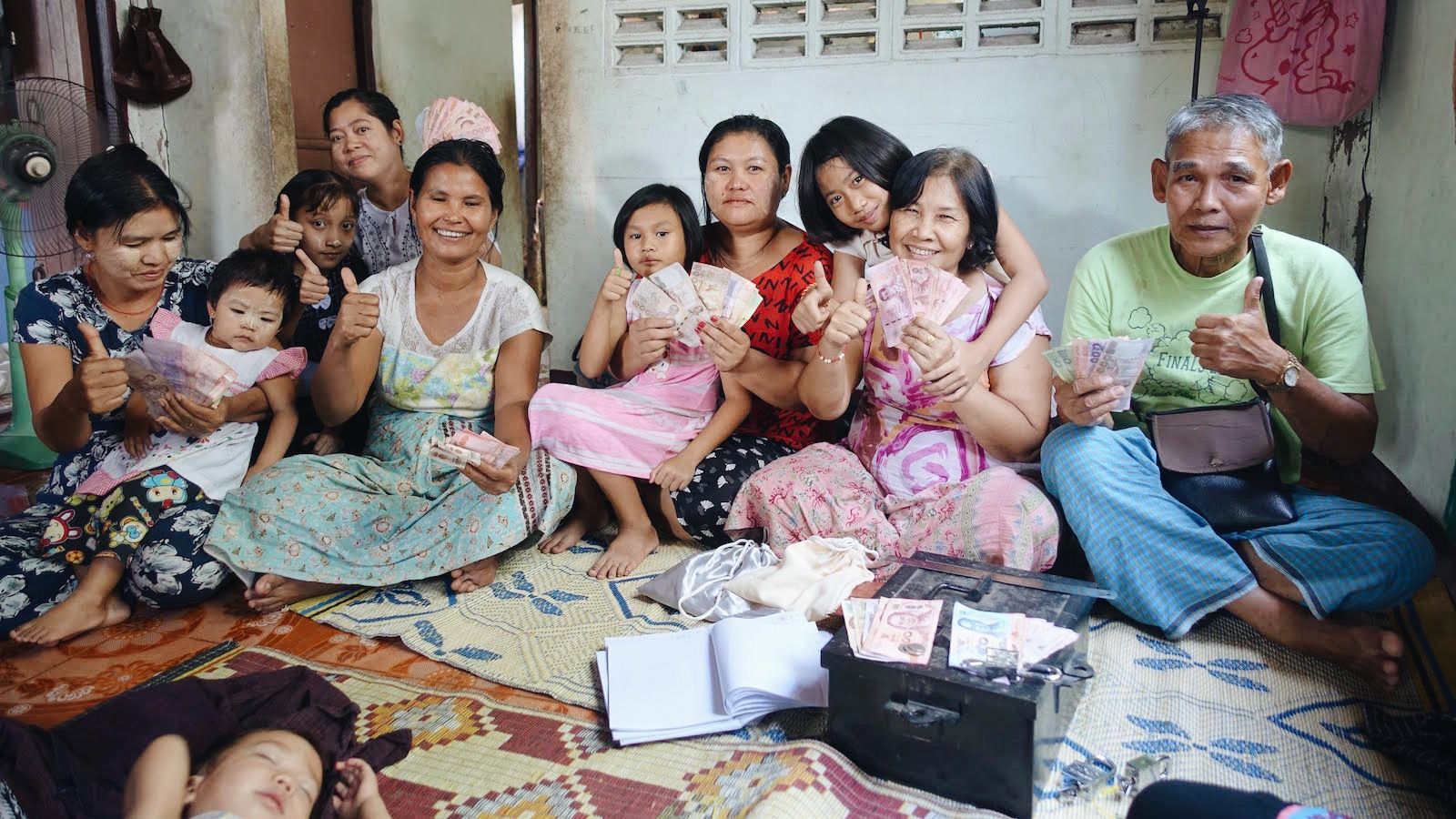
These families were members of one of the Village Savings and Loan Associations (VSLA) run by Shade Tree Foundation. Many of these families received their share out from a savings cycle in March, so they had a substantial amount of cash in hand to fall back on to get through April and May.

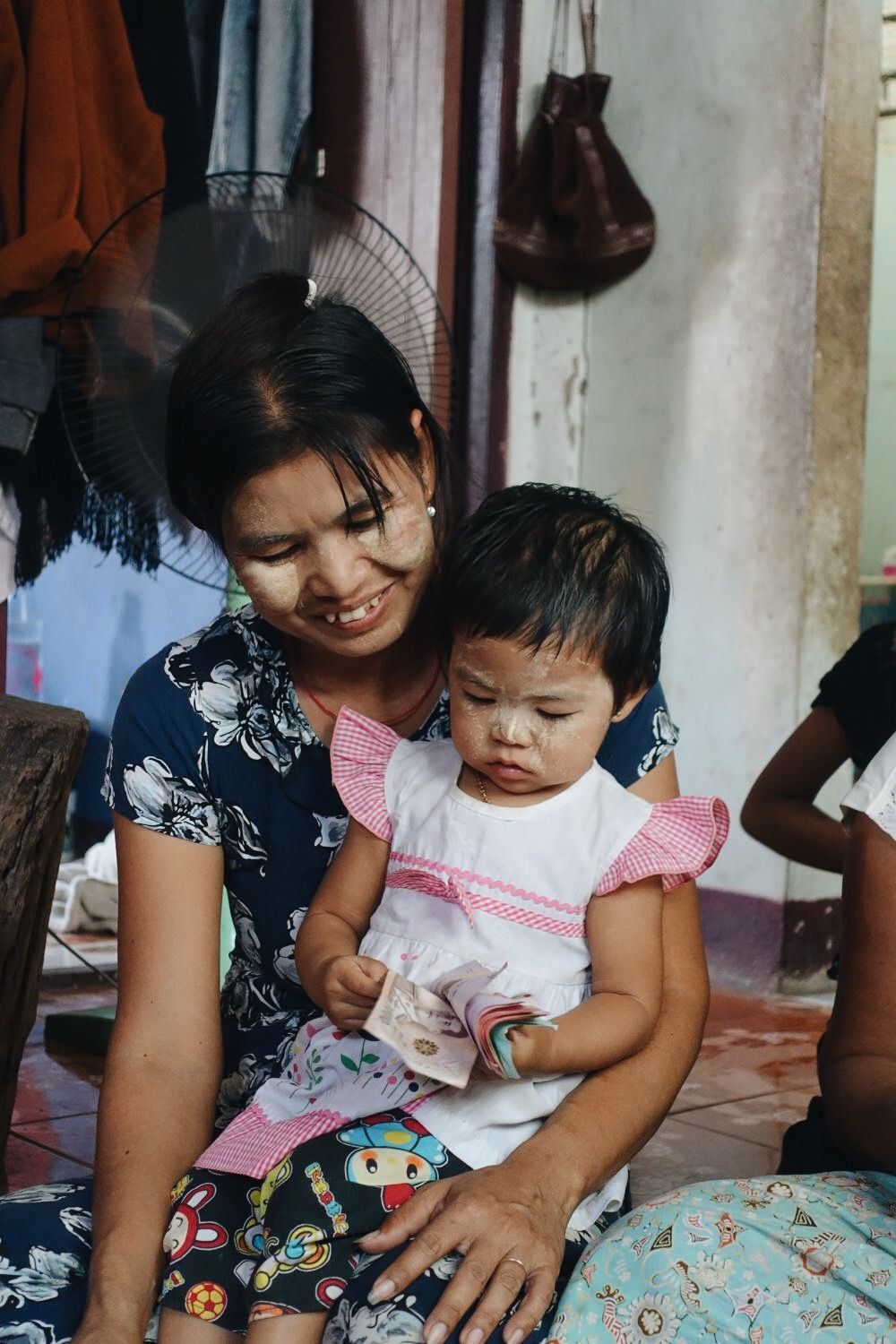
But the story didn’t stop there. What happened during the pandemic has created stronger understanding and attitude towards savings in the community.
“After COVID restrictions were lifted here I gave the money management training and it exploded! So many people learned from COVID that they need to save. We started doing training again in June. Since then we have started 6 new savings groups! People want to be more prepared. They saw in the pandemic that those without savings had a lot more problems.” – Chingsan, the Family Enterprise Director
Warm the hearts (and tummies!) of vulnerable children
Story By: KidsCan Charitable Trust
Vulnerable children living in hardship are facing their toughest winter yet as the economic impact of the COVID-19 pandemic hits home in New Zealand.
“Teachers are telling us that for many Kiwi kids living in poverty this has been the toughest winter yet,” - KidsCan’s CEO Julie Chapman says. “The working poor are being hard hit by job losses. Some families have lost their homes as they can’t keep up with rent. Some are spending days without power in cold rentals as they can’t afford to top up the meter. They’re sacrificing food. It means more children are coming to school hungry and cold, and that’s deeply concerning.”
KidsCan has been distributing breakfast, snacks, lunch, raincoats, shoes, and health items to vulnerable children so they can focus on learning.
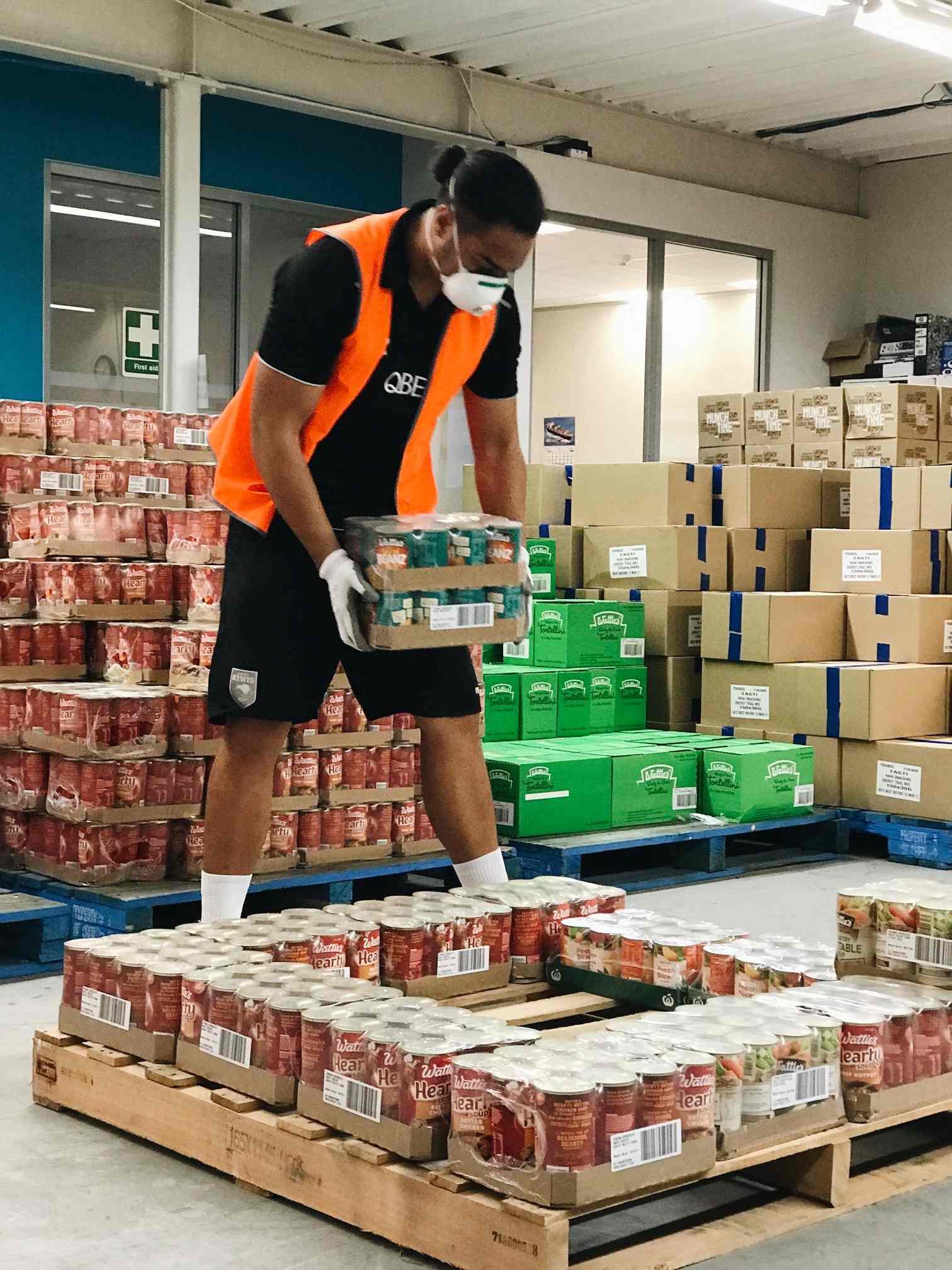

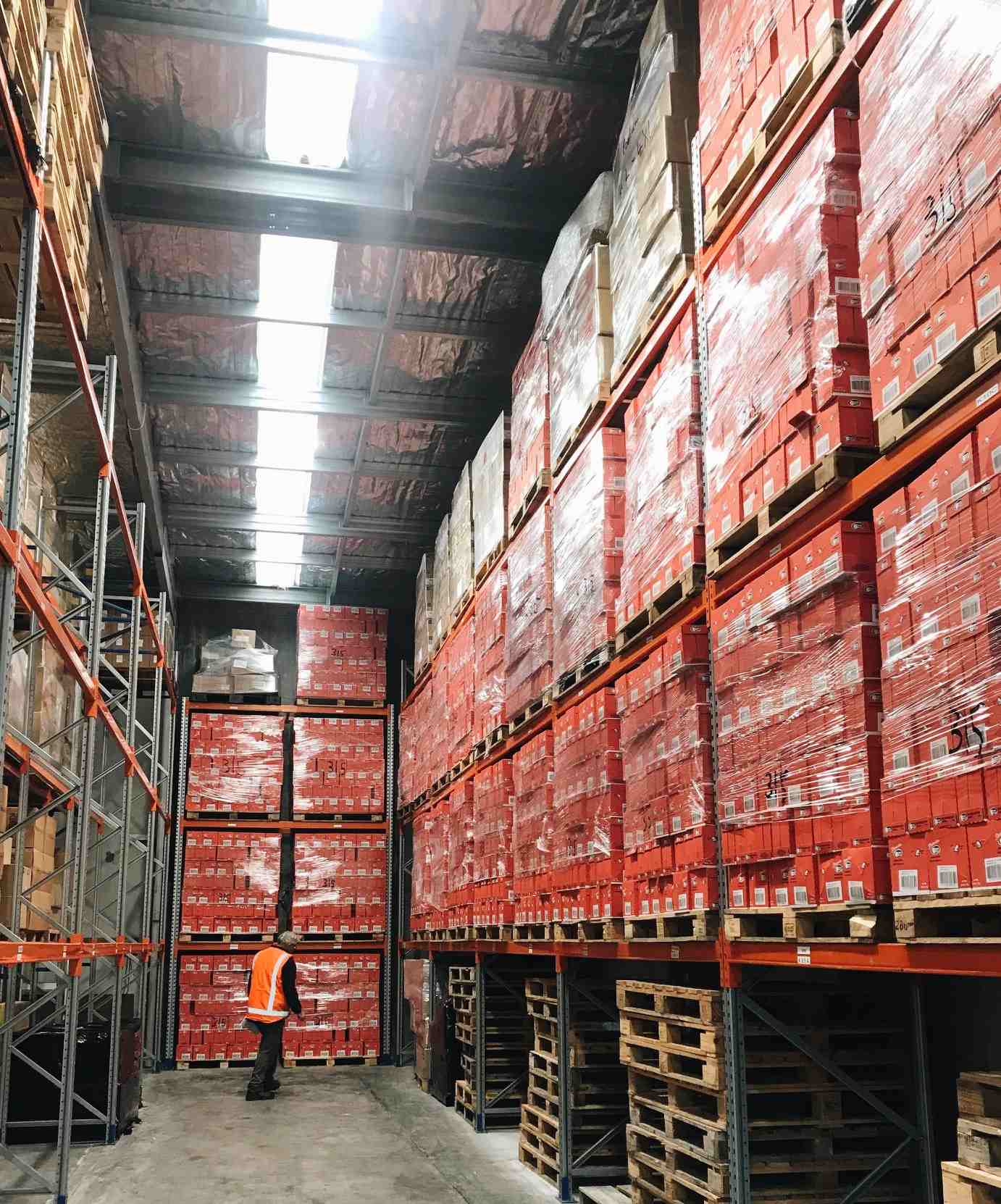
This winter, they have stepped up their provision of hot lunches: 486,000 servings of soups, tortellini, butter chicken, beef chili, chicken stroganoff, and rice to keep these children fuelled.
The team has been working tirelessly to feed 2,000 preschoolers in 57 early childhood centers with fresh lunches and snacks.
Nearly 100 more centers have asked for help, and KidsCan is working to expand the program as quickly as possible.
Keeping the dreams alive
Story By: Dream A Dream
With the mission to empower young people from vulnerable backgrounds to flourish in a fast-changing world, Dream A Dream has been working twice as hard to give all the support a young person needs to keep their dreams alive.
Many parents in India are daily wage workers and the pandemic put their jobs and livelihood at risk. Young people also find it harder to get a summer job to save up for their further education.
To support young people’s social, emotional, and economic needs during these stressful times, Dream A Dream formed a team to answer calls regarding awareness and precautions related to COVID-19, give emotional support or advice related to the e-learning program, and provide dry ration kits to needy families.
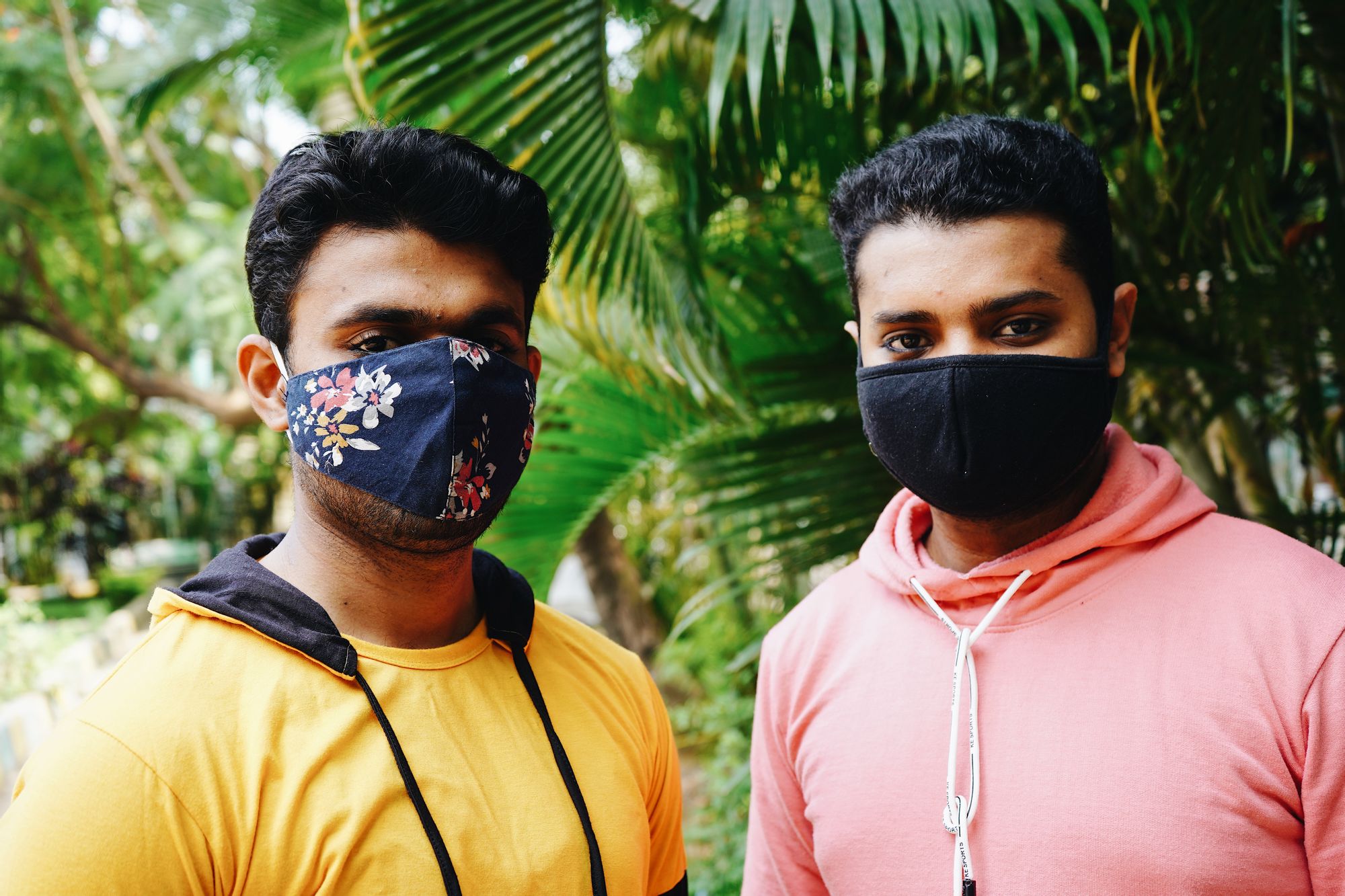
To date, they have reached out to 675 young people and their families to offer them dry ration support and provided placement support for 112 young people.
Bringing joy to the isolated
Story By: Brendoncare Club
Dedicated to improving the quality of life for elderlies, Brendoncare faced tough choices when the pandemic hit.
To ensure the safety of the elderly, physical gatherings and family visits could not be allowed during the lockdown, leaving 1,700 elderlies in their care at risk of isolation.
But the team at Brendoncare didn’t faze – in fact, they have gone over and beyond to be a pillar of support to the elderly who need it the most during these challenging times.
Brendoncare started to run free technology training to help club members. The training involves one-to-one telephone sessions, where members are taught to navigate the device and given tutorials on emailing and online shopping.
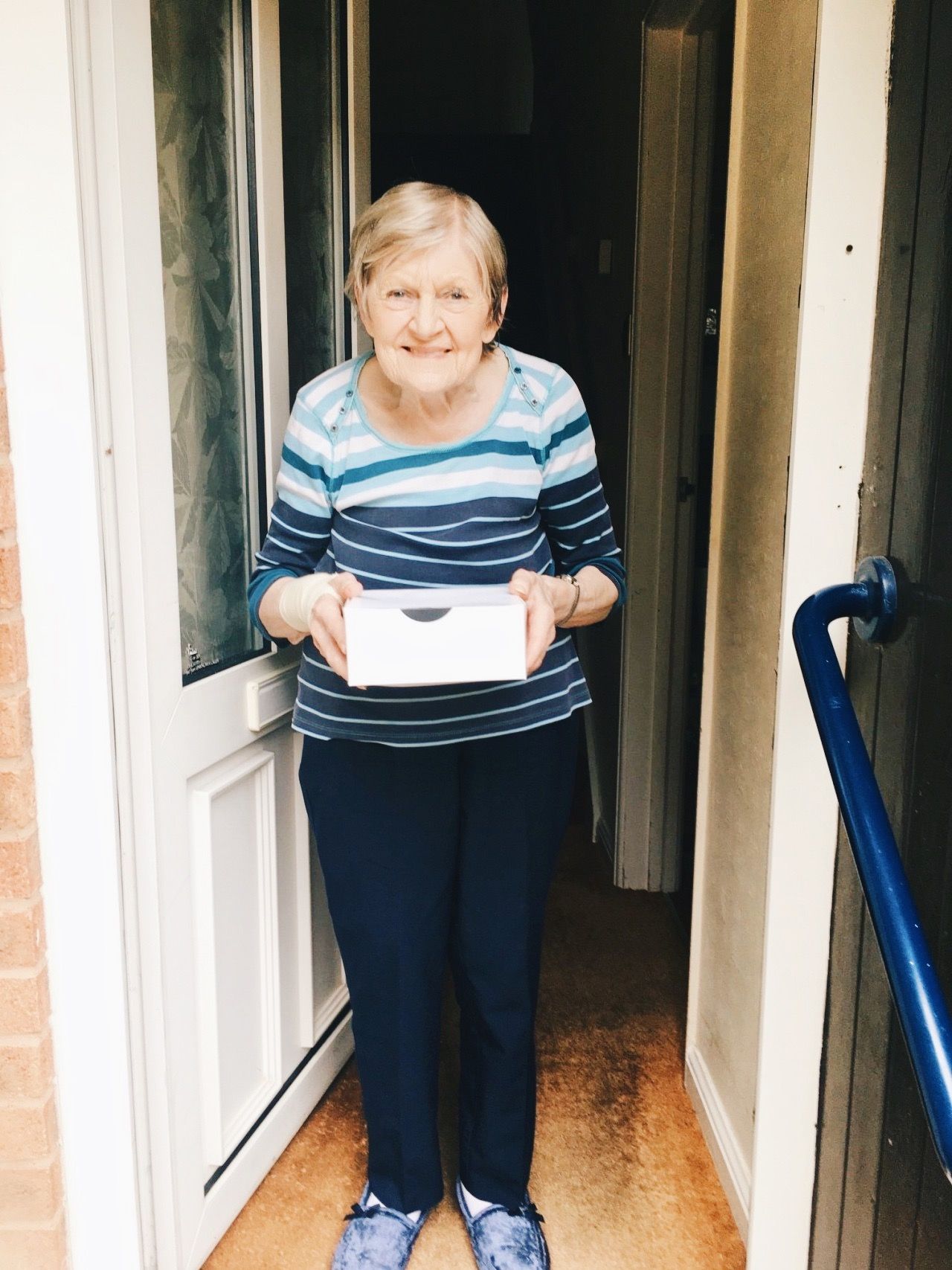
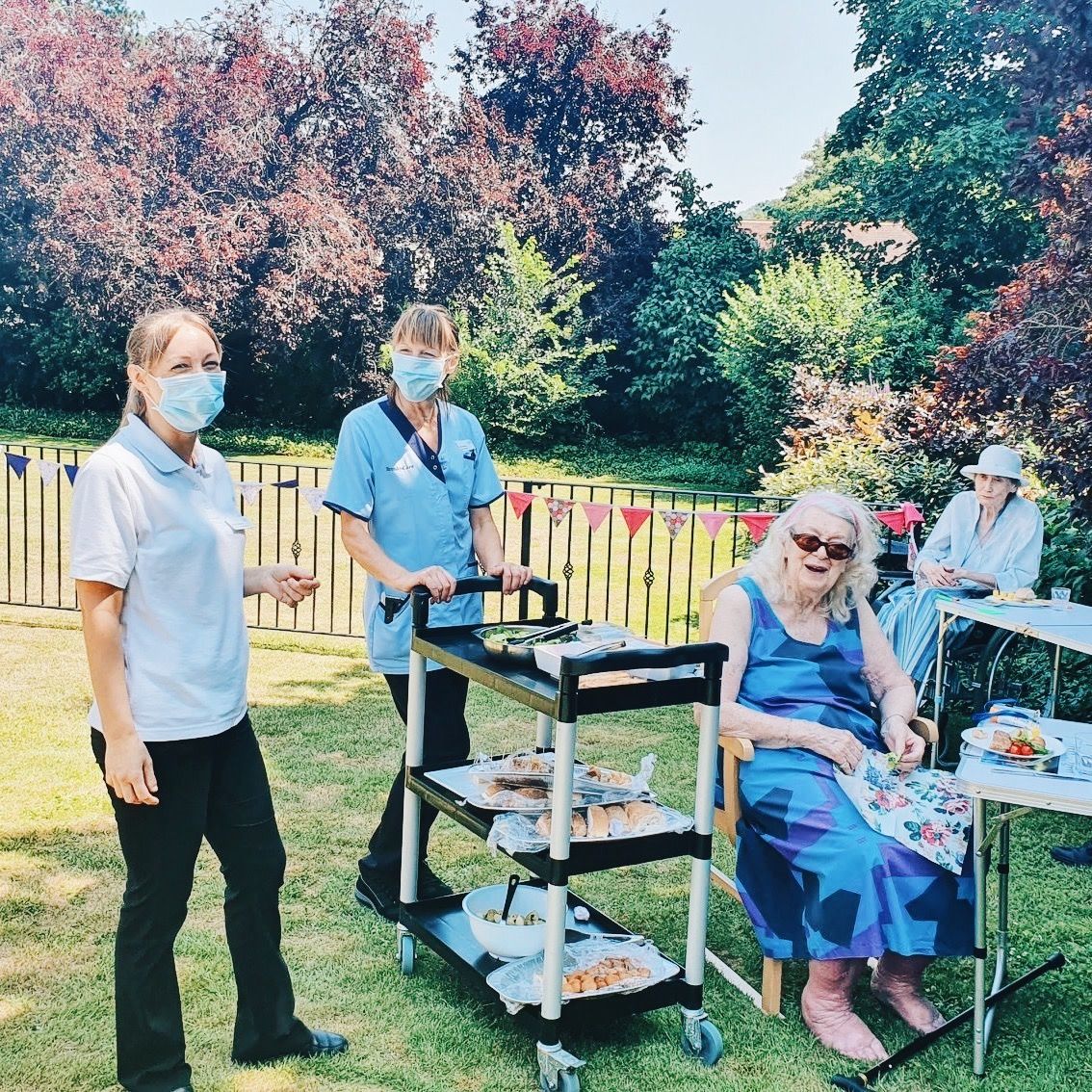
With this confidence, they are then able to access virtual clubs to safely interact with their established friendship groups and find joy in being with the community.
Brendoncare has to date run 80 online club sessions to complement the telephone support service. Each session includes activities such as choir, dance, quizzes, and games. These ‘virtual’ clubs are led by staff, who safeguard members during the sessions and are on hand to offer technical support.
Don’t you simply love these smiles?
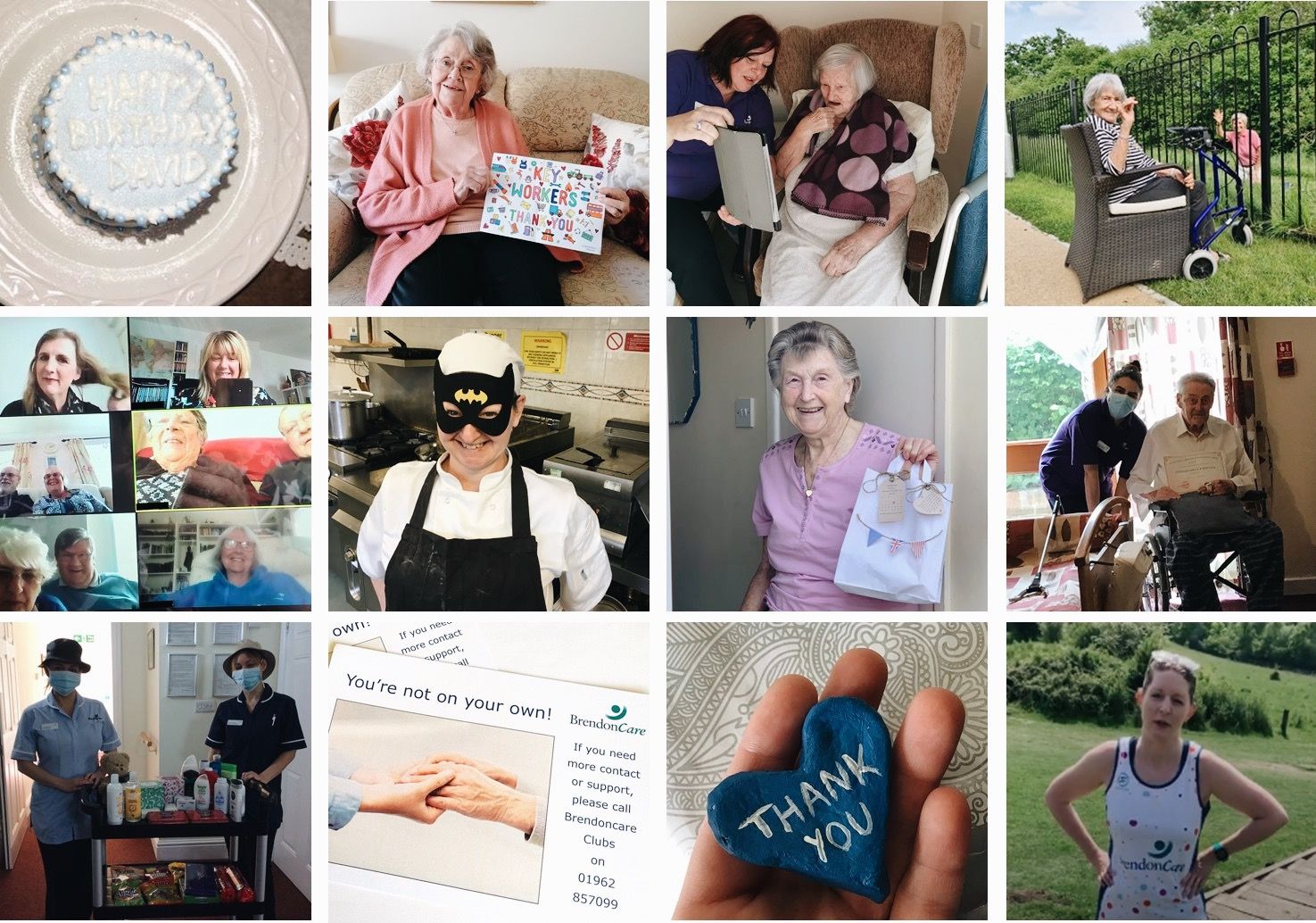
Learn more about our Worthy Causes here.
